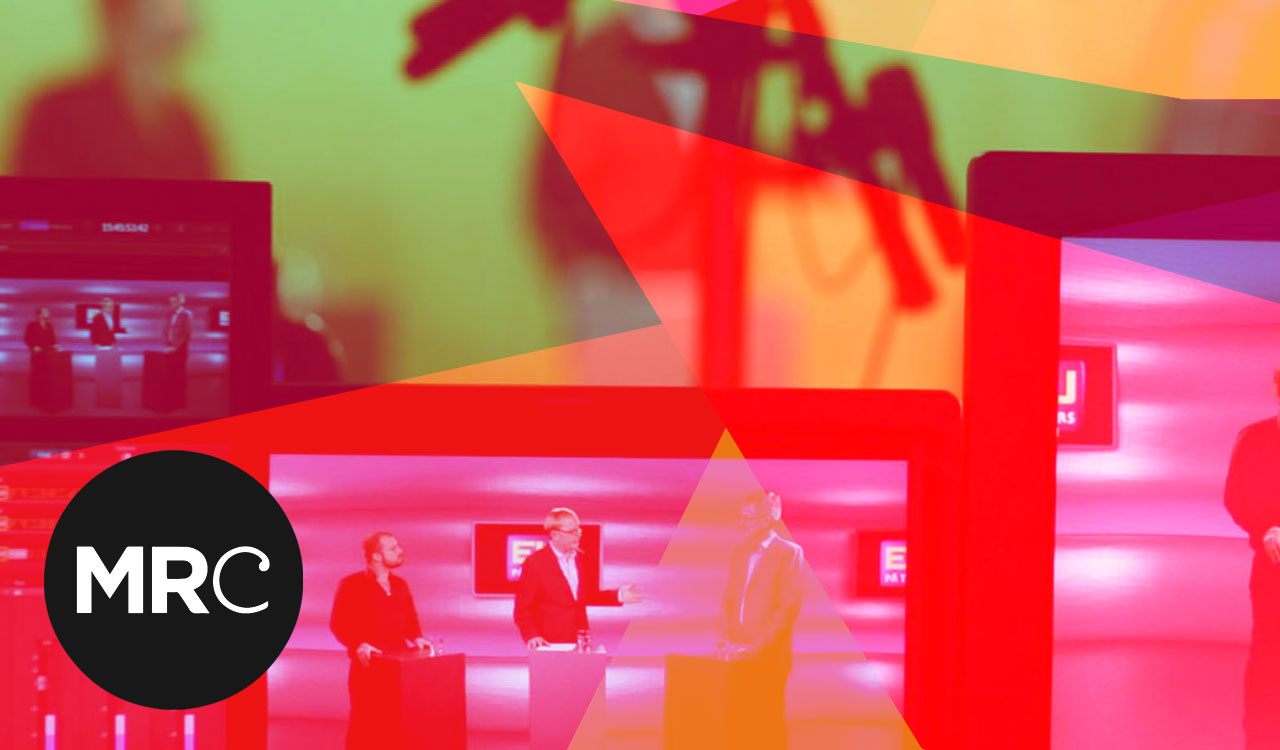Ahead of the jury’s verdict following the phone hacking trial, the Media Reform Coalition spoke with Martin Hickman, former Independent journalist and co-author of Dial M for Murdoch. Martin has covered every day of the trial for Hacked Off and he is publishing a book about the trial by Peter Jukes, who crowd-funded his own Twitter coverage of the case through public donations.
Q: Why are you publishing Peter’s book, ‘The Inside Story of the Phone Hacking Trial’?
Martin: The trial has been extraordinary in its reach, in terms of the alleged wrongdoing and the range and seniority of the alleged victims. By any stretch of the imagination, it’s an important case for UK media – and, of course, for the defendants.
But much of what’s gone on inside Court 12 has been blanketed in reporting restrictions. So, this will be the uncensored story of the “Trial of the Century”, which will delve into the backstage manoeuvering, legal battles, and personal dramas. It’s also significant, I think, that Peter and I are doing it ourselves. We’re selling the book through our own website – www.hackingtrial.com – rather than putting it on Amazon, allowing us to deal direct with the public.
It’s really an extension of the crowd-funding principle. We’ve got a range of prices, from an £8.99 e-book to a £100 VIP package. This has been a trial about old media – newspapers. But I’m very excited about what it can do for new media.
Q: Why do you think Peter’s reporting on Twitter was so popular?
Martin: I think he came up with an appealing idea: that the public could fund the reporting of an event, and receive those reports direct, without any intermediary. Because he live-tweeted proceedings for a fortnight, potential backers could see the quality of his tweets before contributing to his crowd-funding, so I suppose that helped. It’s also possible that because the trial has been about newspapers, some members of the public worried the proceedings would not be fully reported in the press.
Once the coverage was under way, Peter comfortably secured enough funding to continue tweeting until June. I think people thought his coverage diligent and fair. He highlighted the complexity of the evidence, and the respective approaches of the prosecution and defence. In a country which doesn’t allow criminal trials to be televised, he made the case more immediate, not to say gripping.
Q: What do you think Peter’s reporting says about opportunities for citizen journalism in the UK?
Martin: It’s hugely important. I really think it has opened up a new possibility for journalism; that freelance journalists can get funding in advance for projects. Journalism direct, if you like. It’s hard to think that Peter will be the first and last to succeed at crowd-funding.
There is a risk, I suppose, that this kind of journalism relies on the interest of the crowd; that it might block out coverage of drier, albeit still important subjects. But with crowd-funding so tiny, and so many national newspapers and terrestrial TV channels with public service commitments, it’s a theoretical risk and is some way off.
‘The Inside Story of the Phone Hacking Trial’ by Peter Jukes is available for pre-order from www.hackingtrial.com



